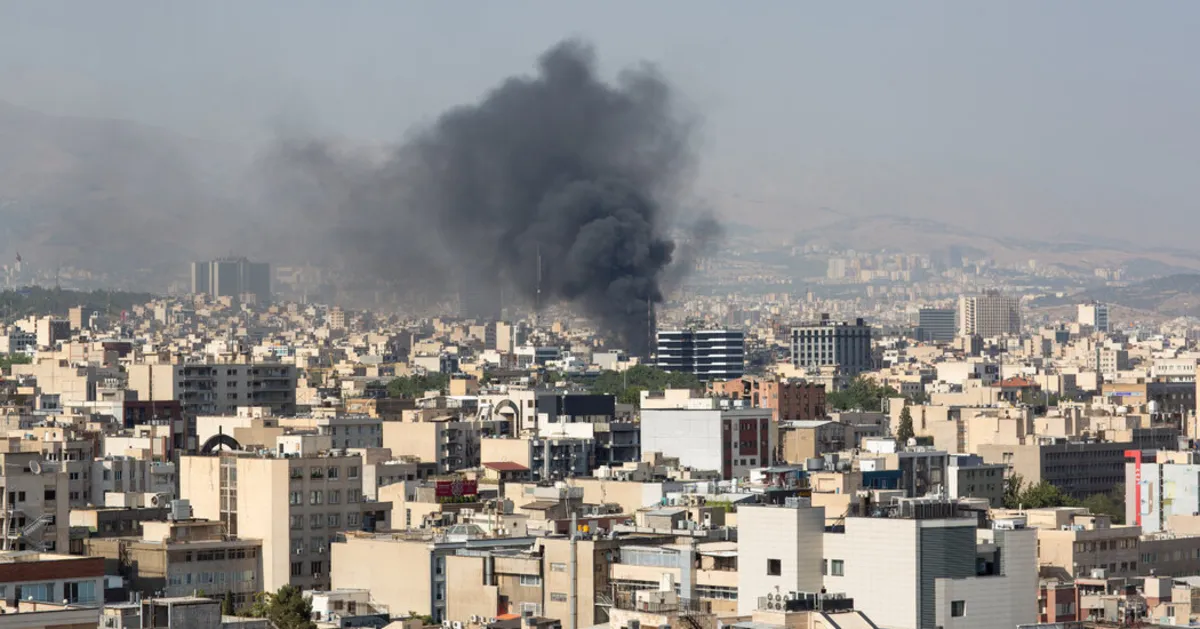
At the end of last month, American spy agencies closely monitoring Israel’s military activities and political discussions reached a significant conclusion: Prime Minister Benjamin Netanyahu was gearing up for an imminent attack on Iran’s nuclear program, regardless of whether the United States would be involved. For over a decade, Netanyahu has consistently warned that an overwhelming military assault was essential before Iran could swiftly develop a nuclear weapon. However, he has historically retreated after multiple American presidents expressed concerns about the repercussions of another conflict in the Middle East, stating that the United States would not support such an attack.
This time, the intelligence assessment suggested that Netanyahu was not merely contemplating a limited strike on Iran's nuclear facilities; instead, he was preparing for a much broader military operation that could threaten the Iranian regime itself. Reports indicated that Netanyahu was ready to proceed independently, without the backing of the United States, which marked a significant shift in his previous approach.
The revelations from American intelligence left President Trump in a challenging position. Having invested considerable effort in a diplomatic initiative aimed at persuading Iran to abandon its nuclear ambitions, Trump had previously dismissed Netanyahu's arguments for military action. In April, he had already declined a request from Netanyahu to initiate a military assault on Iran. During a tense phone conversation in late May, Trump reiterated his warning against any unilateral attack that could derail ongoing diplomatic efforts.
As the weeks progressed, it became increasingly clear to Trump administration officials that they might not be able to prevent Netanyahu from proceeding with his military plans. Interviews with key players in the administration's discussions revealed a growing concern that they were losing control over the situation. Concurrently, Trump expressed impatience with Iran due to the slow pace of negotiations, leading him to contemplate the possibility that the talks might ultimately be fruitless.
In contrast to Israeli assertions, senior officials within the Trump administration were unaware of any new intelligence indicating that Iran was accelerating its efforts to develop a nuclear bomb. Such a development would typically warrant a preemptive strike. However, recognizing the likelihood that they could not deter Netanyahu and that they were no longer at the helm of the unfolding events, Trump’s advisers began to explore alternative strategies.
As tensions between the United States and Iran continued to mount, the implications of Netanyahu’s potential military actions loomed large, prompting a reevaluation of diplomatic strategies and defense postures in the region.